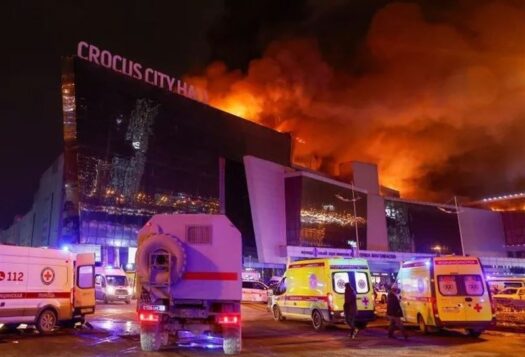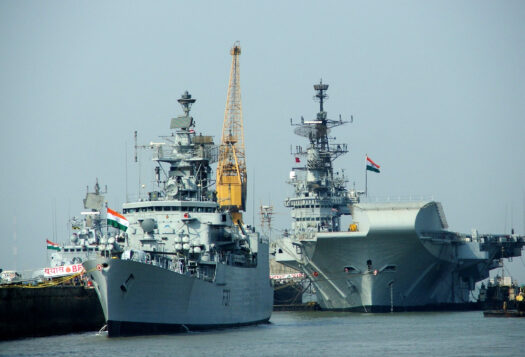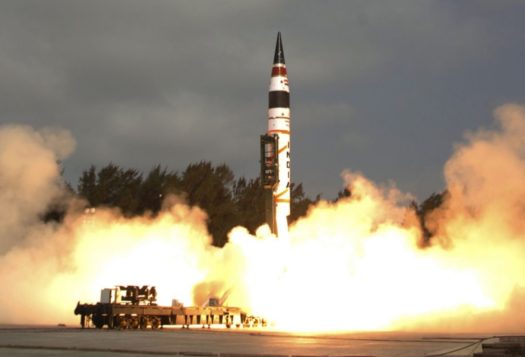In South Asian culture, it’s hard to find people who mentor young scholars. To my surprise, I found some amazing scholars and well-rounded professionals who nurtured me, encouraged me in my goals, and believed in my abilities. Brig. Gurmeet Kanwal – a former decorated military officer from the Indian army, security strategist, and author of several books – is one among those few, whom I will always remember. In profound sadness of losing a veteran scholar like Brig. Kanwal, I feel immensely honored in knowing him for nearly ten years. As a budding scholar from Pakistan, I first met him during a workshop on dismantling obsolete missile systems in South Asia (organized by the Department of Energy, Sandia National Laboratories, Lawrence Livermore National Labs, and the Naval Postgraduate School), with experts from Europe, America, and South Asia. I vividly remember Brig. Gurmeet and I talking about everything from Punjabi cuisines (makki and saag) to English literature, from hard security issues, to promoting peace in South Asia. Well-equipped with knowledge of politics, poetry, history, and culture, there was hardly any topic that he would not enjoy talking about.
Well-equipped with knowledge of politics, poetry, history, and culture, there was hardly any topic that he would not enjoy talking about.
Since then, meeting Brig. Kanwal at any conference or dialogue was a learning experience. I interviewed him a couple of times for my different projects. Each time there was more to disagree on but also more to learn. He was eager to listen to my views, also challenged my opinions but always appreciated me for speaking my mind and called it a “rare” trait (Yes! it always made me feel good :) ). I have seen him appreciating young scholars from India and Pakistan equally. Among my several interactions with him at different talks, workshops, and Track II dialogues, Brig. Gurmeet was always well prepared. Brig. Gurmeet and I once had an amazing joint talk on strategic stability in South Asia at the Pentagon. The positive feedback we received from the audience was that they listened to two completely different perspectives, from a former Indian military officer and a female Pakistani scholar, covering everything from domestic politics to battlefield issues and deterrence at all levels. We had disagreements on policies and strategies but we always agreed on shaping perceptions, supporting dialogue, and averting war.
We had disagreements on policies and strategies but we always agreed on shaping perceptions, supporting dialogue, and averting war.
I have been fortunate to participate in several amazing projects with Brig. Gurmeet. One was on missile confidence-building measures (CBMs) on verified dismantlement, held in the history museum of Bulgaria, along with a group of other Pakistani and Indian scholars. The exercise aimed to use the Cold War experience of successful dismantlement of retired missile systems with the new generation of scholars from South Asia. It was a first-hand experience of seeing the real old missiles, gaining technical understanding of missile accidents, and learning the verification processes involved in dismantling the retired systems. The whole exercise was an interesting journey and taught us all about battlefield incidents. During the exercise, Brig. Gurmeet shared insightful stories of his time at the Line of Control. These events provided scholars like me with the outstanding opportunity to learn the real stories of war from across the border. These personal accounts shape our perceptions and define who we are. In several Track IIs where we participated, he may have been hawkish but never hateful, and that earned him respect in my eyes.
Brig. Gurmeet has left a huge void in the South Asian community of scholars and peace-lovers, and his death is a loss for many youngsters who benefited from his writings and in-depth knowledge of Indian military and strategic policy. He was a prolific writer, a wonderful person with whom one could talk for hours, and a mentor for many like me.
Rest in Peace, Brig. Gurmeet Kanwal. You will always be missed.


